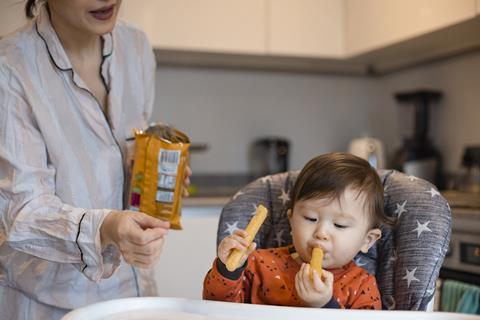
You’d be forgiven for thinking the UK was in the grip of a post-pandemic baby boom. After all, sales in the three main infant care categories have grown a combined £84.2m. Babyfood & snacks has delivered most, up £31.4m. Babymilk has gained £28.2m, and nappies are worth an extra £24.7m.
The reality is that the nation has experienced a baby bump, rather than a boom. The birth rate grew just 1.7% in 2021 – and it was the first year-on-year gain since 2012, ONS data shows.
While an uptick in newborns buoys sales of formula, “there are other factors that influence growth”, notes Helena Barr, senior category manager at Aptamil owner Danone.
In fact, Aptamil’s market-leading £12.8m gain “has largely been driven by growth in our premium offerings as parents trust the scientific expertise behind our brands”. Plus, parents are “choosing liquid formula milk, as they’re increasingly on the go”, she adds.
Other players point to similar factors. Number five formula brand Kendamil attributes its £11.4m boost – the year’s second-biggest – to marketing that trumpets its organic and British credentials alongside a steady stream of NPD, including the October 2021 launch Ready to Feed babymilk.
That liquid formula proved such a hit that the first batch of 40,000 bottles sold out in 45 minutes, the brand says.
Instead of using palm oil and fish oil – both common in baby formula – it’s made with oil from marine algae and “natural nutrients from mammals’ milk”. It’s a formulation that’s clearly turned parents’ heads.
“We predicted last year that brands like Kendamil, which emphasise health and sustainability, would continue to accelerate strong growth,” says NielsenIQ grocery analytics team leader Stephen Bough. “By focusing on organic and palm oil-free claims, Kendamil delivered a second consecutive year of triple-digit value growth.”
Such credentials come at a cost to shoppers, however. Kendamil carries the highest average price of the top five infant formula brands, at nearly £3 a litre more than the market average, according to our data. (Although it’s worth noting that Kendamil Classic, which the brand says accounts for more than 80% of its sales, is cheaper than most of its rivals per 100g).
But, clearly, parents are happy to fork out for quality claims. Number three brand SMA, which has achieved the market’s third-greatest gain of £4.3m, also reports strong growth in pricier products.
“We’re seeing an increasing number of consumers seeking the best products for babies,” says a spokeswoman for SMA owner Nestlé.
“This is realised both in growth of mainstream entry brands, as well as an increase in super-premium formulations, such as SMA Advanced, which has seen a 21% increase in units sold per store versus last year.”
Not everyone’s milking demand for infant formula, mind you. Take Piccolo, which has pulled out to focus on its babyfood and snacks. That looks like a shrewd move: the brand’s achieved growth of 52.9% in the latter, to hit sales of £4m.
“Piccolo is being added to more baskets than ever,” says founder Cat Gazzoli, pointing to new listings with M&S, Bidfood and Ikea in 2022. That has allowed the brand “to reach more consumers who are looking for organic, high-quality baby, toddler and kids’ meals and snacks”.
Indeed, organic claims have gone a long way for babyfood brands other than Piccolo. “A focus on organic has again been key, with brands like Hipp Organic up 42.5% and Ella’s Kitchen up 15%, with its sales now delivering more than a third of market value,” points out NielsenIQ’s Bough. Organic’s not the only game in town, though, and plenty of other brands have achieved value growth in babyfood without making explicit organic claims. In fact, 17 of the sector’s top 20 players are in the black – which makes Cow & Gate’s 71.1% decline all the more stark.
“After suffering big distribution losses last year, Cow & Gate is again the only major loser, having lost further distribution,” Bough says.
“Sales are down almost 80% on 2020’s level, when it was the third-biggest brand. Something needs to be done to compete on health credentials or it could fall out of the top 10,” she warns.
Nappy rivals
In nappies, number one brand Pampers has cleaned up, growing value 10.3% and contributing £17m to the sector’s growth. Innovation played a crucial role in this performance, says Matt Jackson, senior director for babycare at owner P&G.
The brand this year added its “revolutionary new Stop & Protect Pocket across all our Nappy Pants ranges”, he says. “This handy feature is designed to offer ‘poonami protection’ by catching soft poo and stopping it before it can escape.”
Meanwhile, second-placed Rascal & Friends is growing value even faster than Pampers – albeit from a much smaller base. It’s been undercutting the market leader by an average of 2p a nappy, and value’s now up 22.9%. The brand claims its nappies are “made to move in, free from nasties, deliciously soft, fit like a dream, and don’t cost a butt-load”.
As household budgets tighten, that final claim will surely gain importance in the coming year.
Top Launch 2022
SMA Little Steps Plantygrow | Nestlé
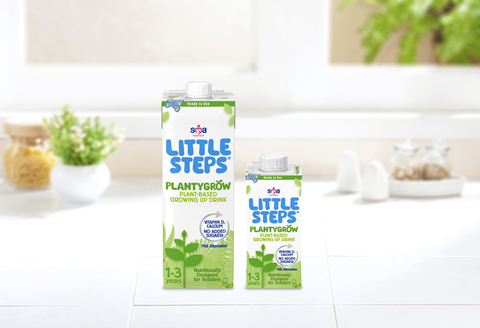
SMA’s first plant-based toddler milk, unveiled in June, comes packed with vitamins A, C, D, B2 and B12. Plus, it contains iron and is enriched with iodine, omega-3, omega-6 and calcium. Made from wheat, oat, barley, rye and corn, it’s formulated for kids aged one to three. SMA owner Nestlé says Plantygrow – which comes in 200ml and one-litre resealable cartons – is aimed at the growing number of parents who dodge dairy and want their little ones to do the same.
Topics
The Grocer Top Products Survey 2022: How can brands stay in focus?
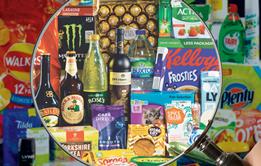
Commodity price hikes, the war in Ukraine and inflation have changed the way Brits shop in the past year, while also piling pressure on suppliers and retailers. Which brands and categories have negotiated the system shock best?
- 1
- 2
- 3
- 4
 Currently
reading
Currently
reading
Baby & infant products 2022: brands see benefit among Brit ‘baby bump’
- 6
- 7
- 8
- 9
- 10
- 11
- 12
- 13
- 14
- 15
- 16
- 17
- 18
- 19
- 20
- 21
- 22
- 23
- 24
- 25
- 26
- 27
- 28
- 29
- 30
- 31
- 32
- 33
- 34
- 35
- 36
- 37
- 38
- 39
- 40
- 41
- 42
- 43
- 44
- 45
- 46























![Cheese ]GettyImages-664658023](https://www.thegrocer.co.uk/Pictures/80x50/1/8/6/282186_cheesegettyimages664658023_540979.jpg)












































![Cheese ]GettyImages-664658023](https://dmrqkbkq8el9i.cloudfront.net/Pictures/80x50/1/8/6/282186_cheesegettyimages664658023_540979.jpg)





























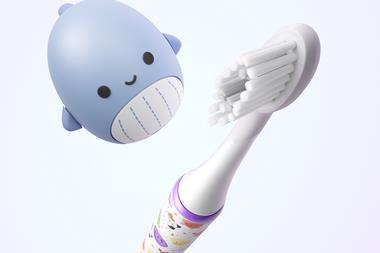
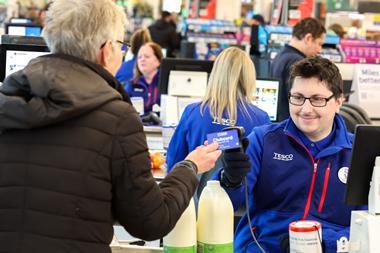
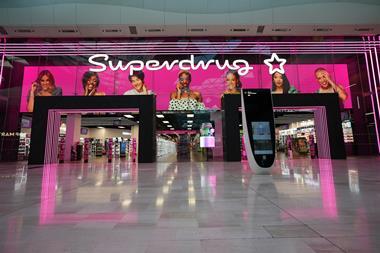
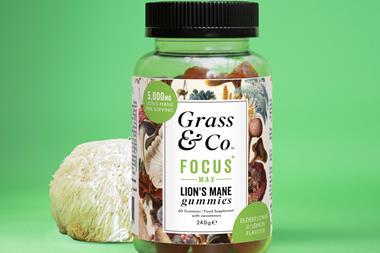
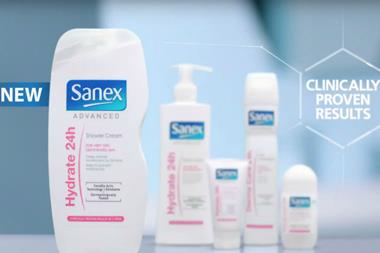
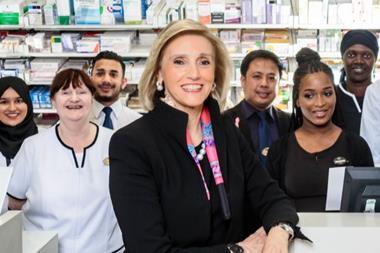
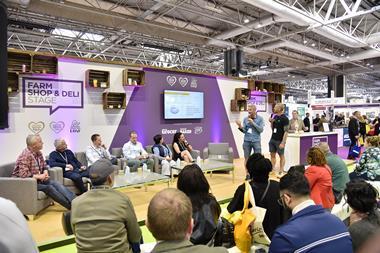
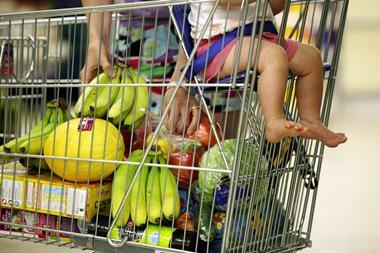
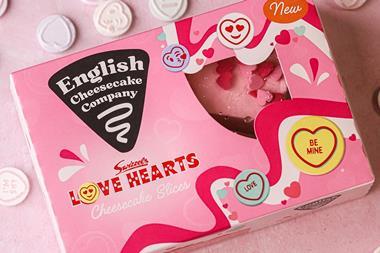
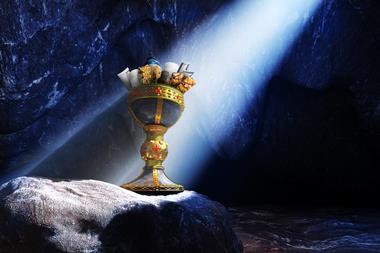


No comments yet